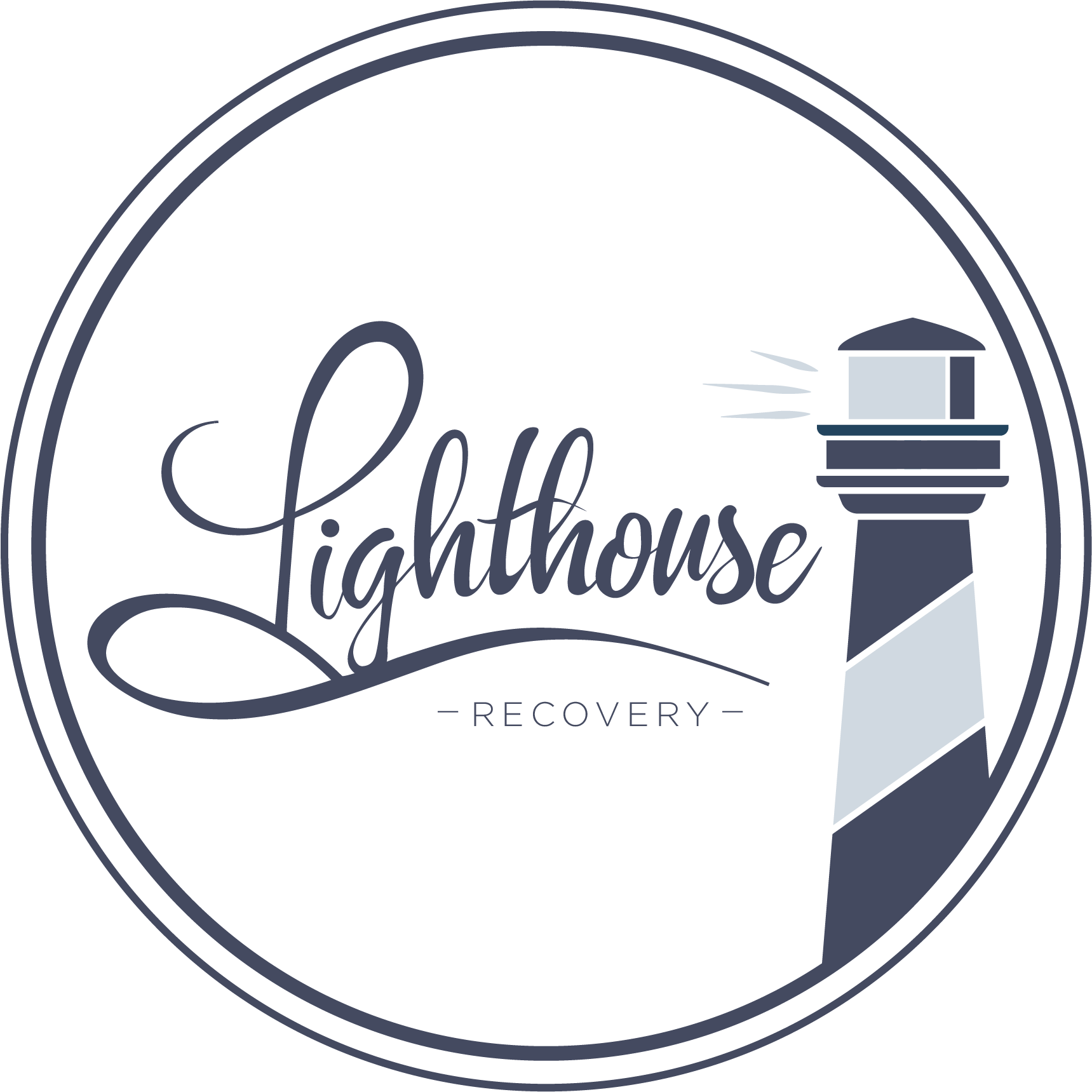Treatment Placement
Whether you have a loved one suffering from an addiction or a mental health disorder, it can be difficult to navigate the large network of treatment providers. There are a variety of different categories of treatment care that vary in intensity. It is crucial to match your loved one with the appropriate level of care needed. If your loved one is in a level of care that's too intense based on where they're at, it could hinder their recovery process. If your loved one isn't at a high enough level of care, their safety can be at risk. At Lighthouse Recovery, we utilize our relationships with treatment providers across the country to provide the best possible treatment placement for your loved one. There are countless programs throughout the United States and endless amounts of misinformation to sift through when going through the treatment placement process. Not only will we handle all of the misinformation out there, but we will also provide you with multiple treatment placement options to ensure we find the best fit for your loved one.
What are the different levels of care?
Medically Supervised Detox
Medically supervised detox is necessary to comfortably remove toxins from the body. The clinical team can address any medical risks associated with abstinence from drugs or alcohol.
Intensive Outpatient
Intensive outpatient provides individuals with the chance to receive therapeutic support, learn coping skills, and integrate into the recovery community. Clients typically meet at a facility 1-3 times a week over the duration of their treatment process. Intensive Outpatient usually includes both group and individual care.
Residential Treatment
Residential treatment offers 24-hour care. Clients live at the treatment facility while engaging in their treatment process. They are therapeutically supported while being fully integrated into the recovery community. Typical stays are between 30-90 days.
Dual Diagnosis
Dual diagnosis treatment programs address any underlying conditions that are fueling the addiction, such as anxiety, bipolar disorder, depression, and trauma. Finding a reputable dual diagnosis program is crucial if recommended following an assessment.
Sober Living
Sober living is designed to provide accountability for people leaving residential treatment, involved in outpatient programs, or those that continue to relapse. Sober living is designed to help addicts and alcoholics bridge the gap between treatment and autonomous living. Drug and alcohol screening, chores, and a set curfew are typical rules.
Transitional Living
Transitional living is another less-common treatment option for individuals that need a higher level of care than sober living but are ready to move out of residential treatment. Transitional Living includes a clinical component and less freedom than a sober living. Some residential treatment centers have their own transitional living programs allowing the clients to have a smooth integration into the new level of care.
